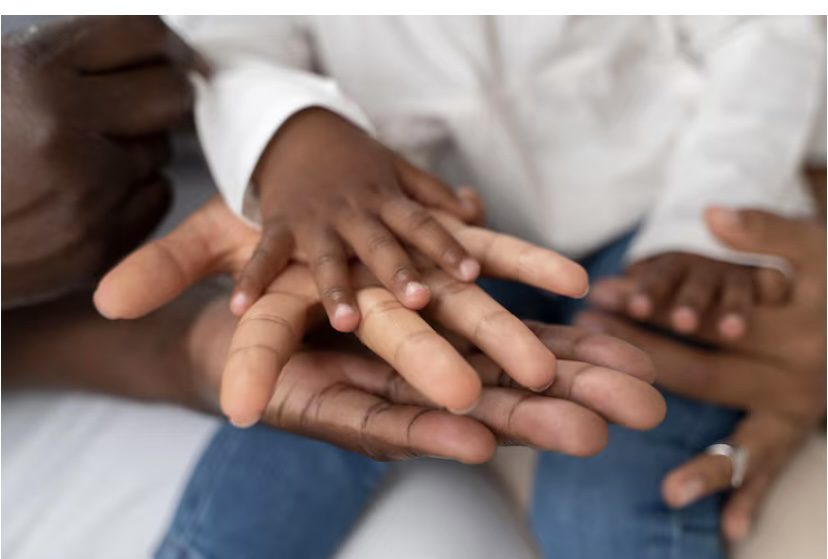This content is for informational and educational purposes only. Always consult a qualified healthcare provider.
It’s important to know your family history for any health issues.
- You’ve got to know where you’re coming from, you know
Think about it for a second. Why do some families seem to have a history of certain illnesses?
This is cause your family history can affect or play a big part in your health.
Everyone needs to know their family history.
- Not just about height
- Beauty
- Hair
Or even character. But your health.
- Like your family’s medical history
📋 Table of Contents
What is the family history of chronic disease?
It’s a record of the diseases and health problems that tend to occur in your family.
It includes:
- Your parents
- Brothers
- Sisters
- Grandparents
- Uncles
- Aunties
- Cousins
You need to know your family history to understand if you’re at risk of some type of chronic disease.
So that you can take the steps necessary to reduce your risk of getting sick.
Why does family history matter?
The genes you inherit from your dad and mom can increase your risk for certain diseases.
- Some are caused directly by a single gene mutation
- While others are influenced by multiple genes, lifestyle, and environmental conditions
Serious health problems and family history
Many severe diseases, such as:
- Heart disease: High blood pressure, high cholesterol, and heart attacks.
- Diabetes: Like Type 2 diabetes, it has strong genetic components.
- Some types of cancer, like breast cancer, colon cancer, and ovarian cancer, can have a genetic link.
- Alzheimer’s disease.
If Aunt Cece developed breast cancer when she turned 45, and your grandma also got the same when she was in her 40s
- Don’t ignore it.
If a close family member has any of these diseases, you may be at a higher risk.
How to gather information
Don’t panic, just start an assessment plan. Here’s how to do that:
1 . Talk to your relatives:
Ask about:
- health condition
- and of age diagnosis
And other relevant information you need.
2 . Create a family tree.
- Picture your family history
- Track patterns
And stay updated, as they get older and their health changes.
You’re not being dramatic.
Nothing even needs to be dramatic.
Then you share this information with your doctor, cause your doctor would
be able to assess your risk and tell you what screenings you need.
- And if you need to make some lifestyle changes.
What to do afterwards
Now that you have an understanding of your family history and what’s going on.
- You can take steps to protect yourself
Get screened. Detecting any disease early is important, and can really help you.
- Before things get worse.
Your doctor might recommend some specific screenings for you to do, based on your family history.
Also, go for health checkups to see how you’re doing in general.
Take up new healthy habits like:
- Eating more healthy meals
- Exercising
- Managing stress
- No smoking (if you do already, try to quit)
- Drinking alcohol responsibly
Can lower your risk of getting really sick.
You don’t need to start living in fear
- It’s really NOT necessary
What you gotta to do is take the right steps to protect yourself, and you can live a long and healthy life.

